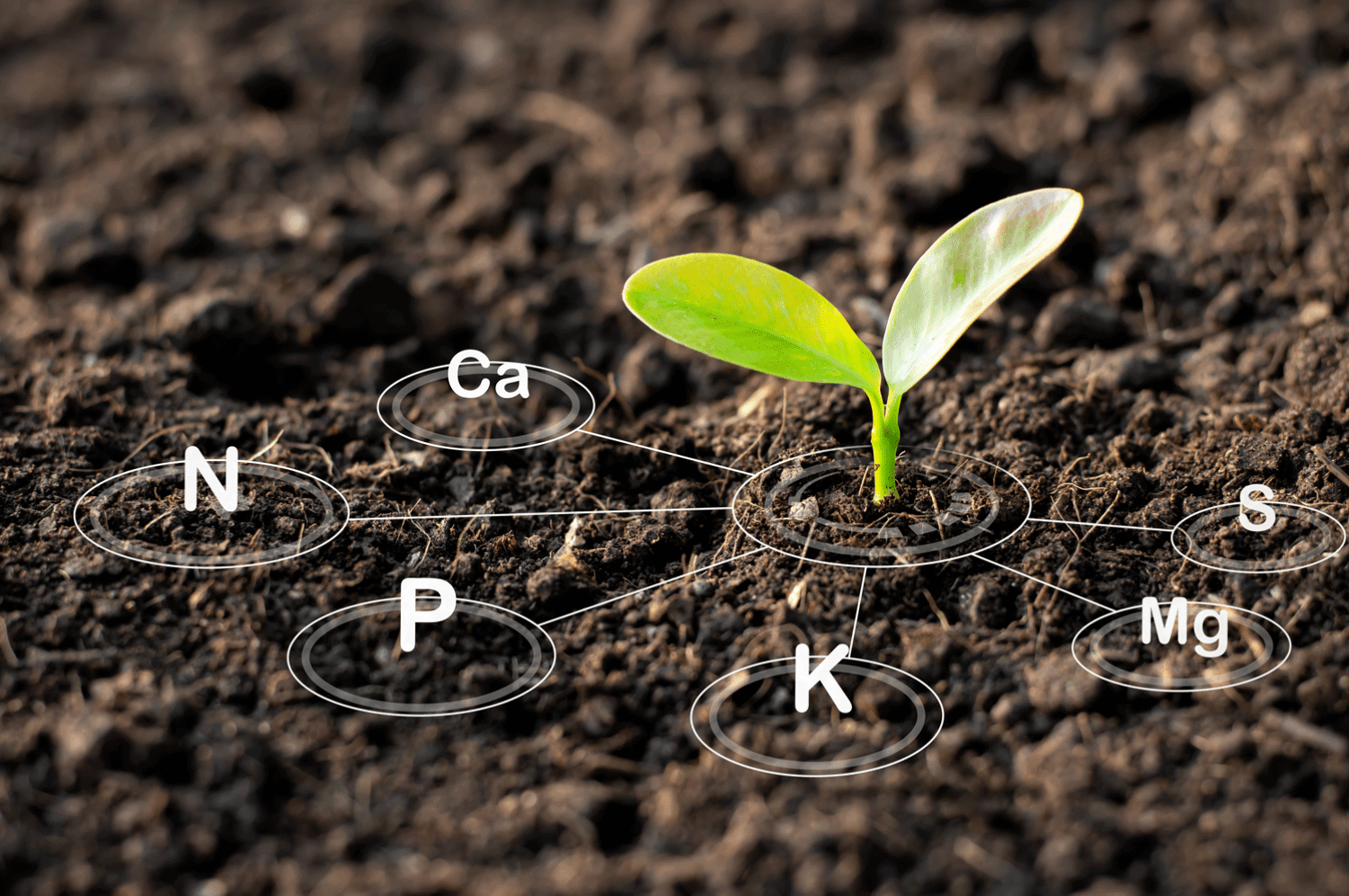Best Organic Soil Amendments for Vegetable Gardens: Transforming Your Garden into a Thriving Ecosystem

Are you tired of lackluster harvests and wilting plants? Imagine your garden as a bustling city, where every inhabitant—from the tiniest microbe to the tallest tomato plant—thrives in harmony. The secret to this utopia lies beneath your feet: the soil. Enriching your garden soil with the best organic amendments can transform your plot into a nutrient-rich haven, bursting with life and bountiful harvests. Let's dive in and explore the fascinating world of organic soil amendments!
Understanding Soil Health: The Foundation of Your Garden
Before we embark on our journey, let's understand why soil health is crucial. Think of your garden soil as a living, breathing organism. When it's fed well and cared for, it flourishes. Organic matter is the key to this flourishing ecosystem. It improves soil structure, increases water retention, and provides a smorgasbord of nutrients for your plants. So, how do we enhance this vital component of our gardens? Enter: organic soil amendments.
The Power of Composting: Turning Waste into Gold
Composting is the alchemy of gardening—turning everyday waste into black gold. Compost is an organic soil amendment that enhances soil health by improving aeration, drainage, and water retention. It's teeming with beneficial microorganisms that break down organic matter, releasing nutrients that plants can readily absorb.
How to Start Composting
Starting a compost pile is as easy as 1-2-3:
- Gather Materials: Collect green materials (nitrogen-rich, like grass clippings and fruit scraps) and brown materials (carbon-rich, like dry leaves and newspaper).
- Layer: Alternate layers of green and brown materials in your compost bin, ensuring a balanced carbon-to-nitrogen ratio.
- Maintain: Keep the pile moist and turn it regularly to aerate and speed up the decomposition process.
For a detailed guide, check out the EPA's Composting At Home resource.
Top Organic Soil Amendments for Your Garden
1. Animal Manure
Animal manure is a nutrient-rich organic amendment that can significantly boost your soil's fertility. However, not all manures are created equal. Chicken, cow, and horse manures are popular choices, each with its unique nutrient profile. Always ensure manure is well-composted to eliminate pathogens and weed seeds.
2. Worm Castings
Worm castings, or vermicompost, are the end product of the breakdown of organic matter by earthworms. They are rich in humus, improving soil structure and nutrient availability. Plus, they're odor-free and easy to apply.
3. Green Manure
Green manure involves growing specific plants, like clover or alfalfa, and then tilling them into the soil before they set seed. This practice adds organic matter, improves soil structure, and enhances nutrient levels. It's like giving your garden a green smoothie!
4. Biochar
Biochar is a type of charcoal produced from the pyrolysis of biomass. It improves soil fertility, increases water retention, and sequesters carbon. Biochar is like the superhero of soil amendments, fighting climate change while boosting your garden's health.
5. Seaweed
Seaweed is a fantastic source of micronutrients and growth hormones. It improves soil structure, increases water retention, and stimulates beneficial microbial activity. Plus, it's a sustainable resource, making it a win-win for your garden and the environment.
How to Apply Organic Soil Amendments
Applying organic soil amendments is straightforward. Here's a simple guide:
- Prepare Your Soil: Start by removing any weeds and loosening the soil with a fork or tiller.
- Spread the Amendment: Evenly spread a layer of your chosen amendment over the soil. The thickness will depend on the amendment and your soil's needs.
- Incorporate: Work the amendment into the soil using a fork or tiller. Aim to incorporate it to a depth of at least 6 inches.
- Water: Thoroughly water the area to help settle the soil and kickstart the breakdown of organic matter.

The Benefits of Organic Soil Amendments
Organic soil amendments offer a myriad of benefits:
- Improved Soil Structure: They enhance soil tilth, making it easier for roots to penetrate and water to drain.
- Increased Nutrient Availability: Organic amendments release nutrients slowly, providing a steady diet for your plants.
- Enhanced Water Retention: They act like tiny sponges, absorbing and holding water for your plants to use.
- Promoted Microbial Activity: Organic matter feeds beneficial microorganisms, creating a thriving soil ecosystem.
Conclusion: Embrace the Power of Organic Soil Amendments
Transforming your garden into a lush, productive oasis is within reach. By embracing the power of organic soil amendments, you're investing in the long-term health and fertility of your soil. Remember, a thriving garden starts from the ground up. So, grab your gloves, and let's get digging!

FAQs
Q: What is the best organic soil amendment for vegetable gardens? A: The best organic soil amendment depends on your soil's specific needs. However, compost is universally beneficial, improving soil structure, nutrient levels, and water retention.
Q: Can I use too much organic matter in my garden? A: While organic matter is beneficial, it's possible to have too much of a good thing. Excessive organic matter can lead to nutrient imbalances and reduced soil aeration. Aim for a balanced approach.
Q: How often should I add organic amendments to my garden? A: This depends on your soil's condition and the crops you're growing. Generally, applying organic amendments once or twice a year is sufficient. Regular soil testing can guide your decisions.
Q: Can I use fresh manure in my garden? A: Fresh manure can contain pathogens and weed seeds, and its high nitrogen content can burn plants. Always use well-composted manure to avoid these issues.
Q: How do I know if my soil needs organic amendments? A: Soil testing is the best way to determine your soil's needs. However, signs like poor plant growth, compacted soil, or waterlogging can indicate a need for organic amendments.
0 Response to "Best Organic Soil Amendments for Vegetable Gardens: Transforming Your Garden into a Thriving Ecosystem"
Post a Comment